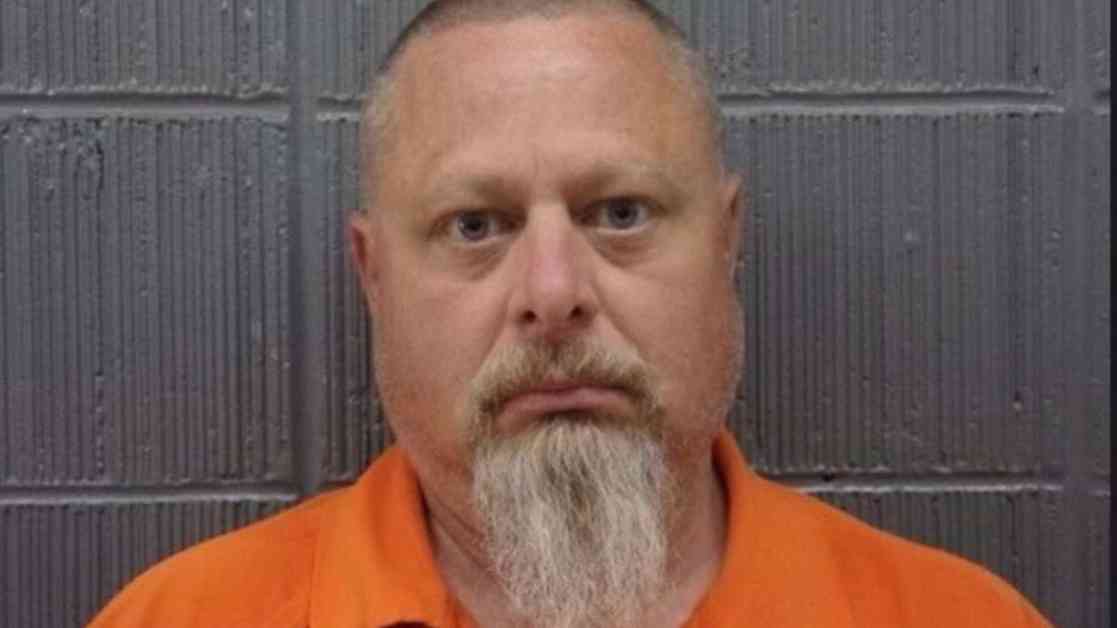Delphi Murders: Richard Allen Receives 130-Year Sentence for Double Homicide
Richard Allen, the convicted killer responsible for the brutal murders of two teenage girls in Delphi, Indiana, has been sentenced to 130 years in prison. The families of the victims, Abigail “Abby” Williams and Liberty “Libby” German, were present in court as Allen received his punishment. Each murder carried a sentence of 65 years to run consecutively, ensuring that Allen will spend the rest of his life behind bars.
Families Speak Out in Court
Despite a gag order preventing them from speaking during Allen’s trial, the families of Abby and Libby found their voices during the sentencing. Libby’s grandmother, Becky Patty, expressed her sorrow and anger, stating, “I can never change my choice to let Libby and Abby go to the trails that day.” She called for Allen to experience the same fear he inflicted on the girls in their final moments.
Abby’s grandfather, Mike Patty, also addressed Allen directly, urging him to take accountability for his actions and not pursue an appeal. Abby’s grandmother, Diane Erskin, shared the profound impact of the loss, emphasizing the lasting pain and absence felt by their family. Her poignant recollection of Abby’s last words captured the heartbreak and trauma that continue to haunt them.
Details of the Tragic Events
Abby and Libby were walking along a hiking trail in Delphi when they were attacked on February 13, 2017. Their bodies were later discovered with their throats slit in the nearby woods. The chilling moments leading up to the murders were captured by Libby on her phone, as she recorded the man now known as “bridge guy” following them across the Monon High Bridge.
Police released images and audio recordings from Libby’s phone to aid in the investigation, eventually leading to the arrest of Richard Allen in 2022. The prosecution presented compelling evidence linking Allen to the crime, including a .40-caliber unspent round found near the victims’ bodies that matched his firearm.
Legal Battle and Emotional Impact
Throughout the trial, Allen’s mental state and conflicting confessions became central points of contention. The defense argued that Allen was in a psychotic state when he confessed, while prosecutors emphasized the physical evidence tying him to the murders. The case has been a long and painful journey for the families, who continue to mourn the loss of Abby and Libby with profound sadness.
As the community grapples with the aftermath of this tragedy, the families, law enforcement, and prosecutors are expected to address the public in a post-sentencing news conference. The impact of this heinous crime will echo for years to come, serving as a stark reminder of the need for justice and closure in the face of unspeakable loss.


